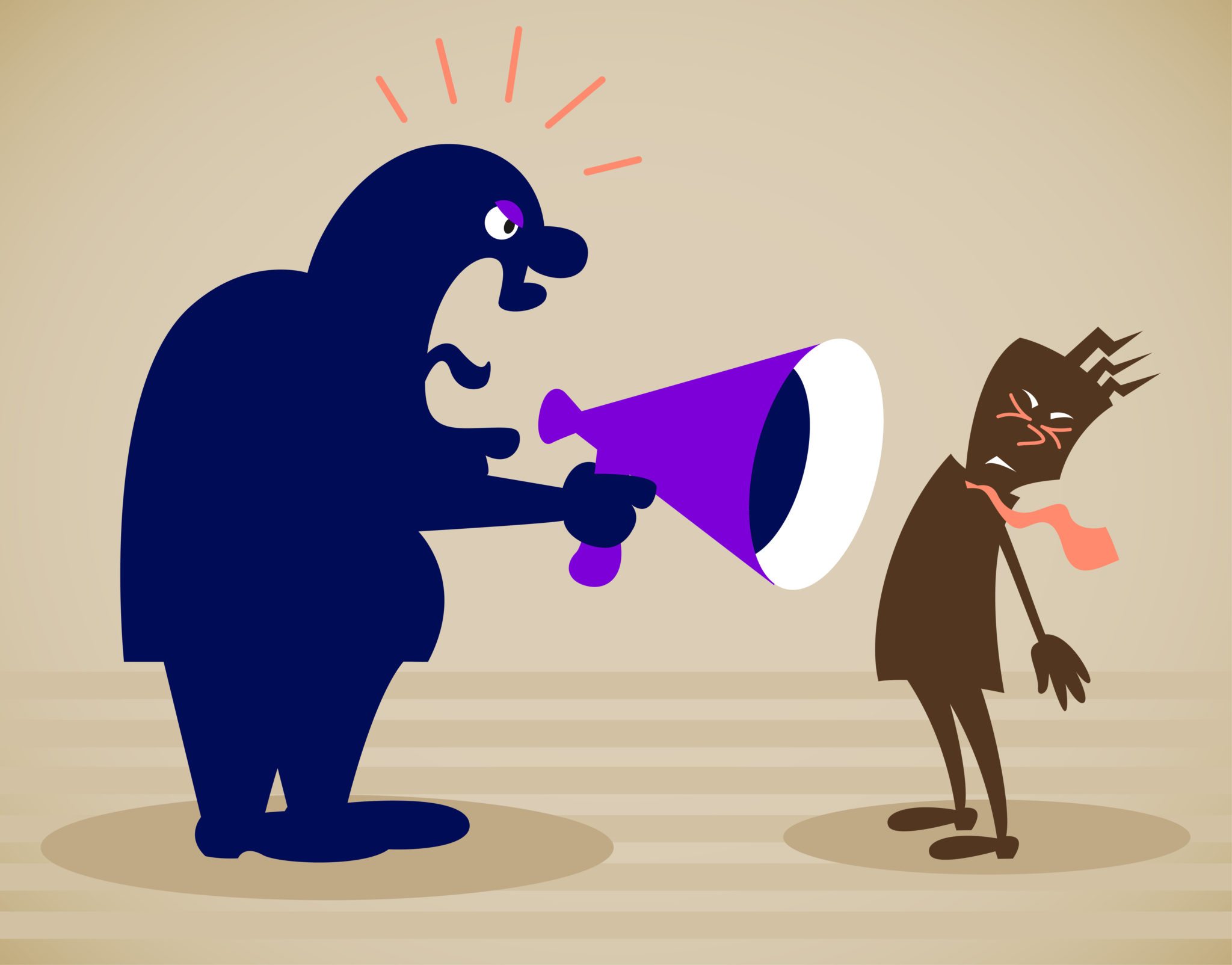The Sociopath at the Top
Some salacious news hit my hometown a few days ago. Our relatively new and presumably high-performing public school superintendent abruptly resigned. For a skinny minute, he cited the ubiquitous “more time with the family” explanation, which put everyone on high alert. No way that was the whole story.
And, it wasn’t. As it turns out, the board had just received a damning report conducted by the school system’s general counsel, calling for the superintendent’s termination for, among other things, creating a “culture of fear” among his team.
The details are cringe-worthy. He reportedly publically berated people, calling his former assistant “stupid’ and an “idiot.” He yelled at her when parking lots were full or gyms didn’t meet his expectations, driving her daily to tears. He was known by many to be an intimidating bully, and the abuse wasn’t limited to his assistant—even senior team members were belittled and called names in front of others.
This whole story sounds similar to a recent one about a nearby college president who was dismissed after team members reported an environment of mistreatment and outrageous outbursts around issues ranging from file folders to out-of-stock pens. Those reports also included plenty of stories about employees being reduced to tears on occasion.
These two examples feature leaders in education, but we all have plenty of stories like this from the private and non-profit sector. I watched a senior executive with a political organization practically delight in bringing a young intern to tears, then react with surprise when a co-worker and I suggested her actions were unacceptable. I know of highly respected bank vice-presidents who operate like abusive spouses and business owners who seem to have no conscience at all.
In her book, The Sociopath Next Door, Dr. Martha Stout of Harvard Medical School reveals that four percent of the world’s population are sociopaths—people who have no sense of right or wrong. They are great actors who can mimic emotion and empathy, and are masters at charm and manipulation. This is why they can be so successful in their careers—it helps to look the part while not really caring about other people’s feelings. It’s theorized that the top of the corporate food chain has a higher than average incidence of sociopathy than the general population.
And it’s that very adroitness in being able to be rule with fear on the one hand, and serve with charisma on the other, that prevents workers from calling out a workplace bully. Professional tyranny is so pervasive, we begin to think it’s normal.
I was appalled by the number of social media posts that suggested workers in both recent incidents were “cry babies” who just needed to toughen up.

One Facebook friend wrote, “This is hilarious!! These folks couldn’t work in [my] field. They’d go home crying every night. Say something back or suck it up and let’s get back to work.”
That’s a sad statement from an otherwise sensitive guy—but it’s not unusual. Like the father who defends beating his child with the rationale that his father beat him (“and I turned out fine!”), some workers think that abuse is part and parcel to the job. If they endured it, so can you.
In our superintendent’s case, senior co-workers admitted that his abusive behavior was legendary. His assistant, who cried nearly every day at work, didn’t feel empowered enough to report the treatment; she just put in for a transfer. And I’d be willing to bet that if the allegations made about both the superintendent and the college president turn out to be true, this behavior wasn’t an anomaly.
One doesn’t spontaneously develop abusive traits. They are honed over time. Which means dozens and dozens of people turned a blind eye for years, favoring results over human flourishing. Both these individuals had risen to the highest level of success in their careers—our public school administrator was awarded Superintendent of the Year just a few years ago. That means that both these folks, like the many other heartless leaders populating our institutions, got away with it for way too long.
I’m not saying the superintendent, the college president or the bank executive are sociopaths. They may just be ambitious people with out-of-control tempers. But regardless, going to work shouldn’t be an emotionally abusive event and people can get to the top without a creating culture of fear. Bullying and intimidation should be called out not only in the school yard, but the corporate boardroom as well.







